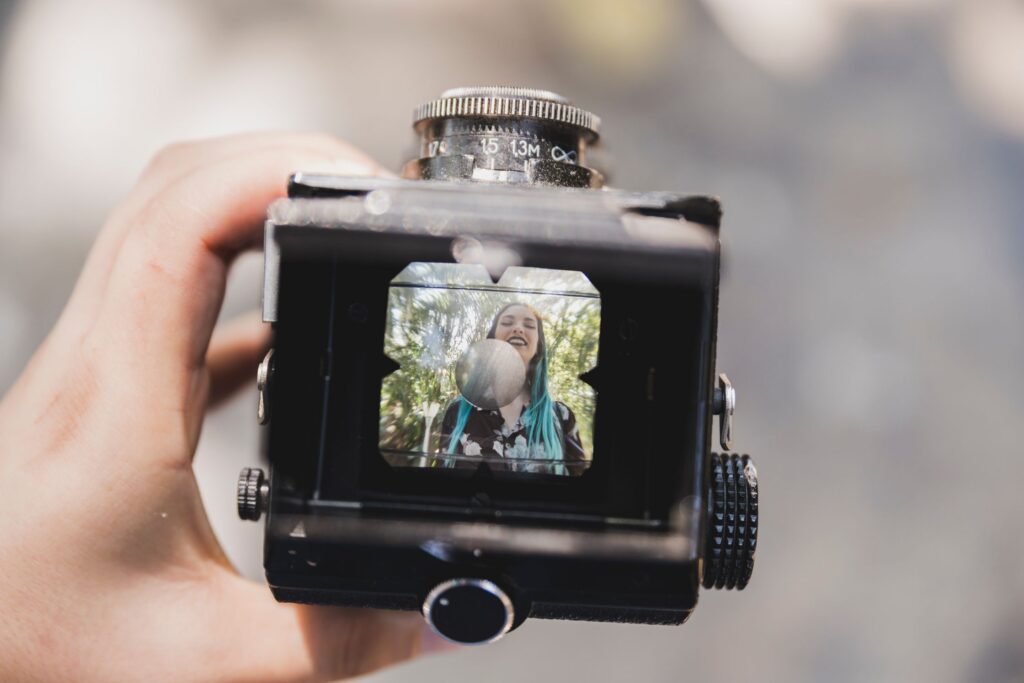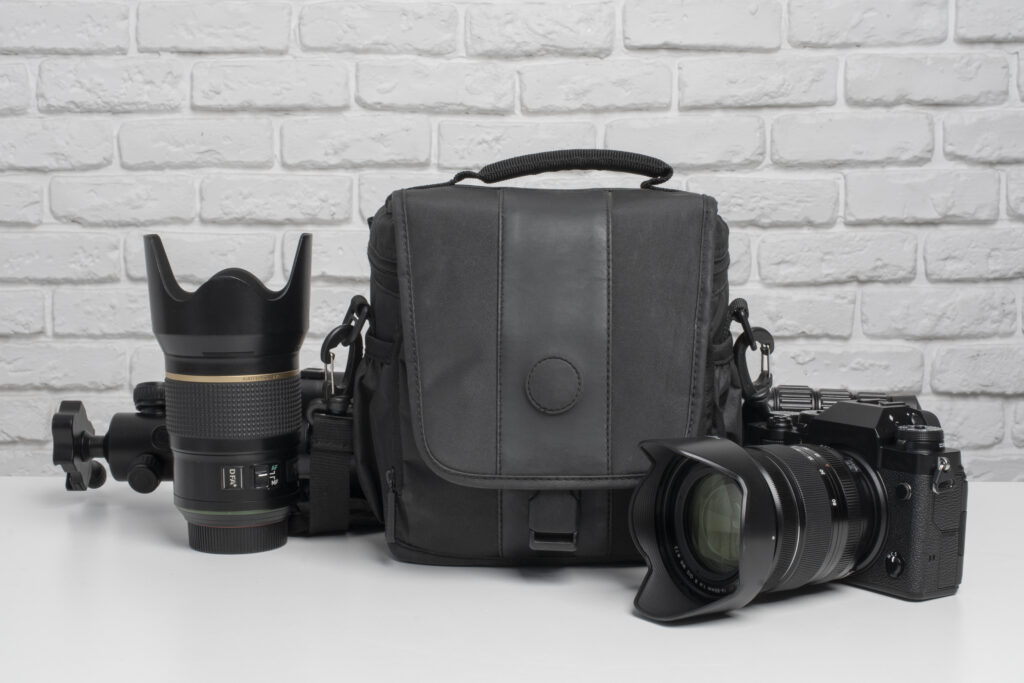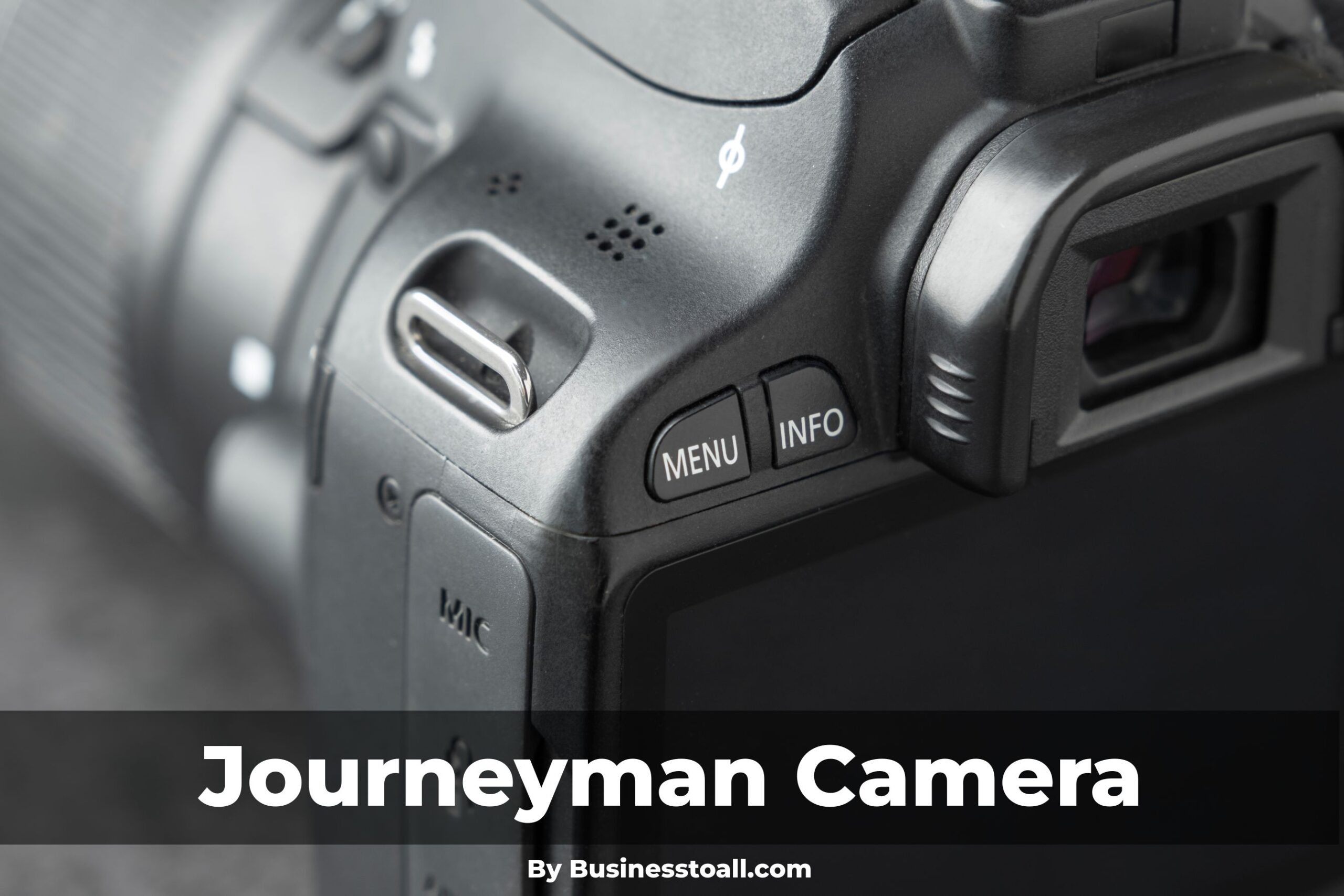Unlock the secrets of masterful visual storytelling with our comprehensive guide on the role of a journeyman camera professional. Dive into the skills, training, and career pathways that define this crucial role in the film and television industry, and discover how these experts bring cinematic visions to life through their technical prowess and creative insight
Table of Contents
Introduction
A journeyman camera professional is a highly skilled technician responsible for the operation of cameras in the film and television industry. They play a crucial role in bringing the director’s vision to life, capturing the essence of scenes through precise camera work. This article delves into the intricacies of the journeyman camera profession, exploring the skills, training, and career pathways that define this essential role.
Historical Background
Origin of the Term
The term “journeyman” originates from the medieval guild system, where it described a craftsman who had completed an apprenticeship and was skilled in their trade but not yet a master. In the context of camera operation, a journeyman camera professional is experienced and adept at their craft, though they may not hold the top creative position on set.
Evolution of the Journeyman Camera Role
Over the years, the role of the journeyman camera has evolved significantly. From the early days of silent films to the digital age, these professionals have adapted to technological advancements and changing industry standards. Their ability to evolve with the times has made them indispensable in the dynamic world of visual media.
Skills Required
Technical Proficiency
A journeyman camera professional must have a deep understanding of camera mechanics, including how to set up and operate various types of cameras. This technical knowledge ensures they can handle any equipment the production demands.
Creativity and Artistic Vision
Beyond technical skills, creativity is paramount. They need to understand shot composition, lighting, and visual storytelling to capture compelling and visually appealing footage.
Problem-Solving Skills
On set, unexpected challenges are common. Journeyman camera professionals must think quickly and find effective solutions to ensure smooth production.
Training and Education

Formal Education Paths
Many aspiring journeyman camera professionals pursue degrees in film production, cinematography, or related fields. These programs provide foundational knowledge and hands-on experience with industry-standard equipment.
On-the-Job Training
Practical experience is invaluable. Working as an assistant or intern on film sets offers real-world exposure and learning opportunities that are crucial for mastering the craft.
Workshops and Certifications
Various workshops and certification programs focus on specific skills, such as advanced camera techniques or new technology, helping professionals stay current in their field.
Key Responsibilities
Setting Up and Operating Cameras
The primary responsibility of a journeyman camera professional is to set up and operate cameras according to the director’s instructions, ensuring the best possible footage.
Collaborating with Directors and Cinematographers
Effective communication and collaboration with directors and cinematographers are essential. This ensures the visual style and technical requirements of the production are met.
Maintaining Equipment
Proper maintenance of camera equipment is crucial to prevent malfunctions and ensure longevity. This includes regular cleaning, repairs, and upgrades.
Types of Journeyman Cameras

Film Cameras
Traditional film cameras, while less common today, are still used for certain projects to achieve a specific aesthetic. Knowledge of these cameras is essential for journeyman camera professionals.
Digital Cameras
Digital cameras are the industry standard, offering flexibility and advanced features. Proficiency with various digital camera models is a must.
Specialized Cameras
Specialized cameras, such as drones and underwater cameras, require additional skills and expertise. Journeyman camera professionals often need to diversify their knowledge to handle these technologies.
Technical Aspects
Understanding Camera Mechanics
A thorough understanding of how cameras work, including lenses, sensors, and settings, is fundamental for achieving desired visual effects.
Mastering Lighting Techniques
Lighting is a critical component of cinematography. Journeyman camera professionals must know how to manipulate light to enhance the mood and tone of scenes.
Sound and Audio Integration
While primarily focused on visuals, understanding how sound and audio integrate with video enhances the overall quality of the production.
Creative Aspects
Shot Composition
The arrangement of elements within a frame can significantly impact the storytelling process. Effective shot composition draws viewers into the narrative.
Storyboarding
Creating detailed storyboards helps plan each shot and ensures alignment with the director’s vision.
Visual Storytelling Techniques
Techniques such as camera movement, angle, and perspective are vital tools for visual storytelling, helping to convey emotions and actions effectively.
Challenges Faced
Keeping Up with Technological Advances
The rapid pace of technological change requires journeyman camera professionals to continuously learn and adapt to new equipment and software.
Working in Various Environments
From sound stages to remote locations, journeyman camera professionals must be prepared to work in diverse and sometimes challenging environments.
Balancing Technical and Creative Demands
Striking the right balance between technical precision and creative expression is a constant challenge in this role.
Career Path
Entry-Level Positions
Many start their careers as camera assistants or trainees, gaining practical experience and industry knowledge.
Advancement Opportunities
With experience, journeyman camera professionals can advance to senior roles, such as cinematographers or directors of photography.
Freelancing vs. Full-Time Employment
While some prefer the stability of full-time employment, freelancing offers flexibility and the opportunity to work on a variety of projects.
Notable Journeyman Camera Professionals
Profiles of Renowned Professionals
Examining the careers of successful journeyman camera professionals can provide inspiration and insight into the possibilities within this field.
Contributions to the Industry
Notable journeyman camera professionals have significantly contributed to iconic films and TV shows, shaping the visual language of modern media.
The Future of the Journeyman Camera
Emerging Technologies
Technologies such as virtual reality and augmented reality are opening new frontiers for journeyman camera professionals.
Impact of AI and Automation
AI and automation are transforming many aspects of filmmaking, from camera operation to post-production.
Evolving Role in the Industry
As technology and storytelling methods evolve, so too will the role of journeyman camera professionals, requiring continuous adaptation and learning.
Case Studies
Iconic Films and TV Shows
Analyzing case studies of iconic productions can reveal the journeyman camera’s critical role in their success.
Behind-the-Scenes Insights
Behind-the-scenes insights offer a deeper understanding of the practical challenges and creative decisions involved in camera work.
Tips for Aspiring Journeyman Camera Professionals
Building a Strong Portfolio
A compelling portfolio showcasing diverse projects is essential for career advancement.
Networking Strategies
Networking with industry professionals can open doors to new opportunities and collaborations.
Continuous Learning and Improvement
Staying updated with the latest trends and technologies through continuous learning is vital for long-term success.
Conclusion
The journeyman camera professional plays a pivotal role in the film and television industry, blending technical expertise with creative vision to bring stories to life. As technology continues to evolve, these professionals must remain adaptable, continuously honing their skills to meet the demands of the industry. Whether through formal education, on-the-job training, or self-directed learning, aspiring journeyman camera professionals have numerous pathways to success. Embracing both the technical and artistic aspects of this role will ensure their continued relevance and impact in the world of visual storytelling.
Frequently Asked Questions (FAQs)
1. What is the difference between a journeyman camera and a cinematographer?
A journeyman-camera professional focuses on the technical aspects of camera operation, while a cinematographer (or director of photography) oversees the visual style and lighting of the entire production.
2. How long does it take to become a journeyman camera professional?
The time it takes can vary, but typically it involves several years of education and on-the-job training to gain the necessary skills and experience.
3. Can journeyman camera professionals work in other industries?
Yes, journeyman-camera professionals can apply their skills in various fields, including news broadcasting, sports events, corporate videos, and live productions.
4. What are the best resources for learning camera operation skills?
Film schools, online courses, workshops, and industry certifications are excellent resources for learning camera operation skills. Additionally, gaining hands-on experience through internships or assistant roles is invaluable.
5. How can I start my career as a journeyman camera professional?
Start by pursuing relevant education and training, build a strong portfolio, and seek entry-level positions or internships in the industry to gain practical experience and network with professionals.
If you found our content helpful don’t forget to share it on your social media: Twitter





